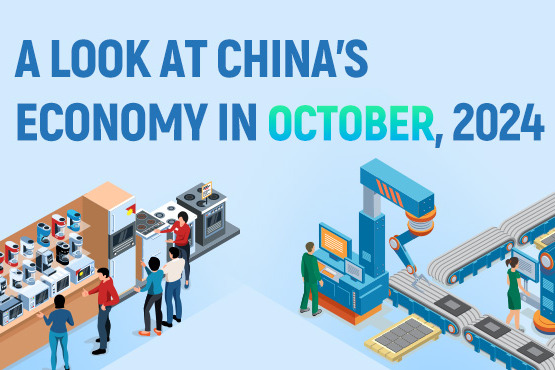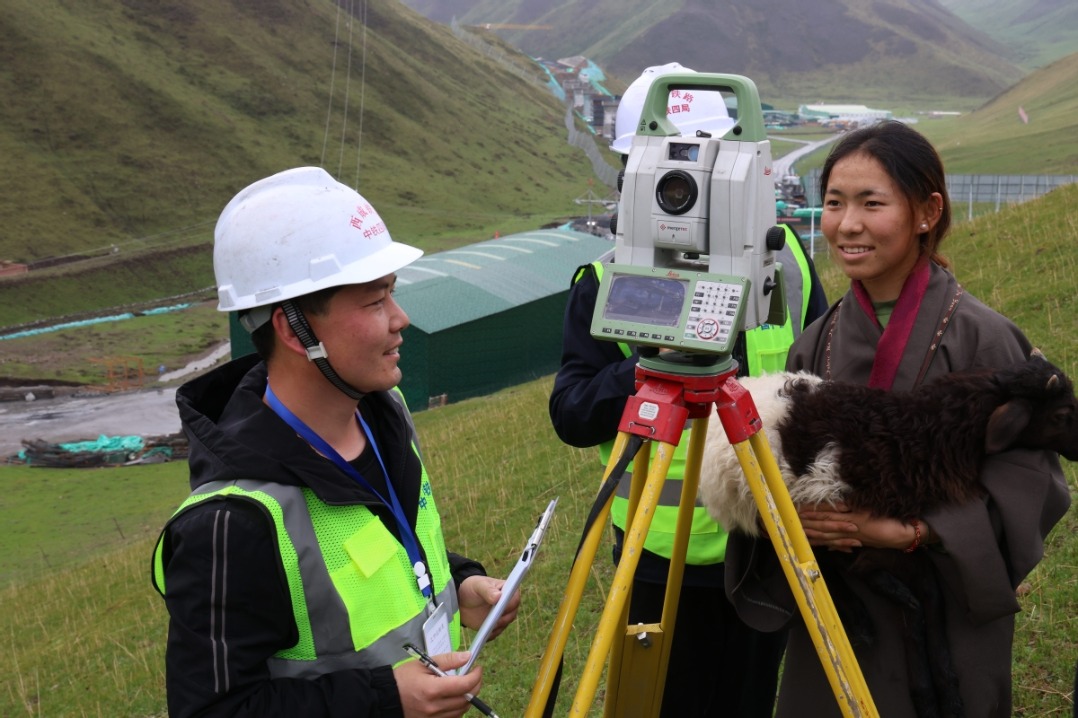Huaneng to step up investments in new energy projects


China Huaneng Group, the second-largest power utility in the world by installed capacity, said it will increase investments in new energy projects, including solar and offshore wind power, this year amid the country's green energy transition.
The company said during a news conference in Beijing on Monday that it will invest in 222 such projects nationwide this year, as part of efforts toward green and low-carbon transformation.
The company recently initiated and resumed construction of new energy projects with a combined capacity of nearly 34 million kilowatts, it said.
Huaneng's accumulated installed capacity of new energy projects exceeded 72 million kilowatts last year and new energy generation surpassed 100 billion kilowatt-hours for the first time.
The proportion of low-carbon clean energy installed capacity in the company's overall capacity increased by 5.4 percentage points year-on-year, it said.
Li Lailong, head of Huaneng's planning and new energy business department, said the company's heightened investments illustrate its commitment to sustainable and clean energy development.
Huaneng will further increase technology empowerment and innovation, intensifying efforts in research and development with a focus on pioneering technologies crucial to the evolution of the energy sector, he said.
The active involvement of Huaneng, one of the largest State-owned power generation companies in China, in various new energy projects across the country aligns with the nation's broader goals of transitioning toward a greener and more sustainable energy landscape, said Lin Boqiang, head of the China Institute for Studies in Energy Policy at Xiamen University.
The company's expansion in the new energy sector will further strengthen its position as a leading contributor to the country's green transition, Lin said.
The significant scale of construction and production underscores the company's efforts to diversify its energy portfolio, he said.
By investing in regions like the Shandong Peninsula and the Guangdong-Hong Kong-Macao Greater Bay Area, Huaneng is contributing to the growth of new energy capacities in key economic zones in China, he said.
Lin added that the remarkable surge in investments in the renewable energy sector in China underscores the country's strategic focus on diversifying its energy portfolio and reducing reliance on traditional sources.
Investments in China's energy sector surged last year on the back of the government's commitment to fortify the country's energy infrastructure and embrace diverse energy formats, with total investment in key energy projects under construction or those newly initiated rising to 2.8 trillion yuan last year, according to the National Energy Administration.
This year marks the largest scale of construction and production for Huaneng in offshore wind projects since 2021, with such projects of scale located in the Liaoning Bay, Shandong Peninsula, Yangtze River Delta region and the Guangdong-Hong Kong-Macao Greater Bay Area, it said.
The company will also accelerate the construction of hydropower projects in the country's southwestern regions this year, to further alleviate local supply-demand imbalances while optimizing the local power structure and ensuring stable power supply, it said.
A mega photovoltaic and energy storage project, located in Southwest China's Xizang autonomous region, commenced construction on Monday.
With an installed capacity of 250,000 kilowatts, the project features a 50 megawatts/200 megawatt-hours energy storage system, making it the largest solar and energy storage project in Xizang to date.
Scheduled for grid connection in June, the project is expected to generate an annual output exceeding 490 million kilowatt-hours, equivalent to replacing about 119,000 metric tons of standard coal and reducing carbon dioxide emissions by around 329,000 tons annually.
The completion of this project is poised to accelerate the development of clean energy in the region, contributing to local economic and social development while effectively addressing local power supply and demand challenges, it said.




































